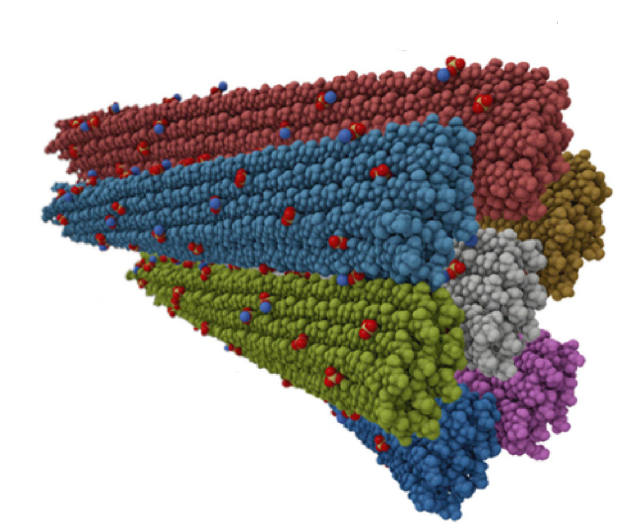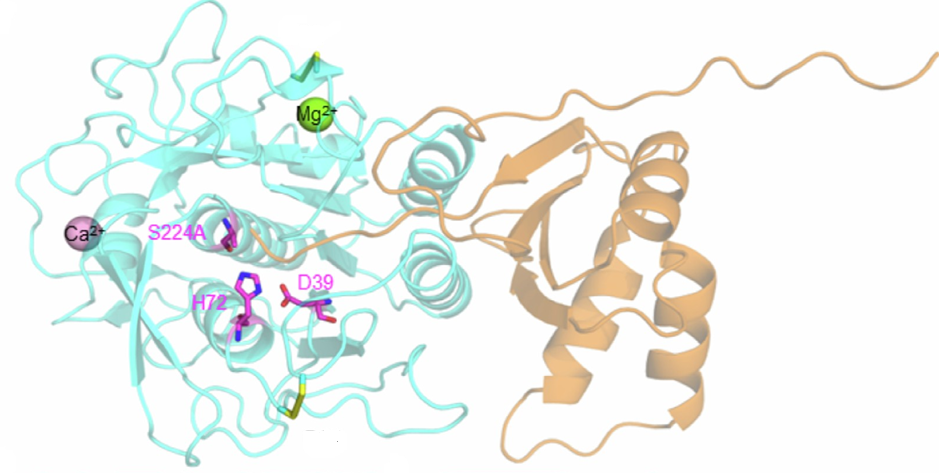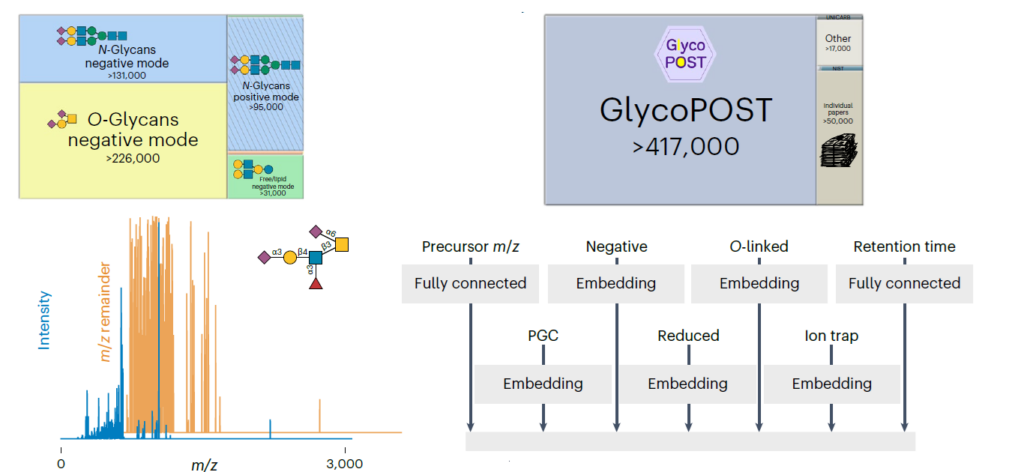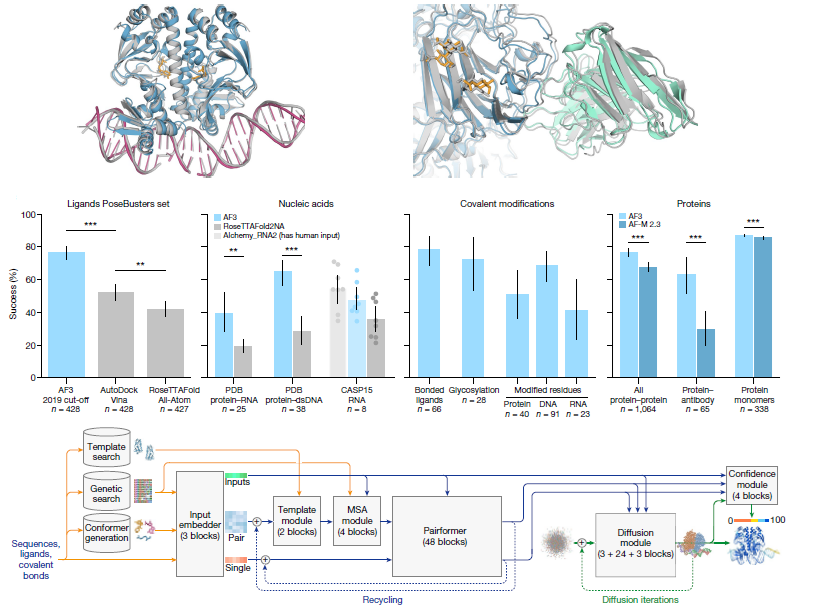Mucins are a diverse and heterogeneous family of glycoproteins that comprise the bulk of mucus and the epithelial glycocalyx. Mucins are intimately involved in viral transmission. Mucin and virus-laden particles can be expelled from the mouth and nose to later infect others. Viruses must also penetrate the mucus layer before cell entry and replication. The role of mucins and their molecular structure have not been well-characterized in coronavirus transmission studies.
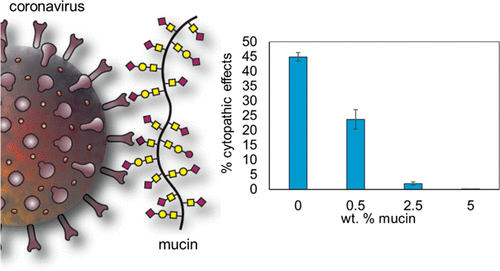
The authors probed both surface and direct contact transmission scenarios for their dependence on mucins and their structure. They utilized disease-causing, bovine-derived, human coronavirus OC43, and found that bovine mucins could inhibit the infection of live cells in a concentration- and glycan-dependent manner. The effects were observed in both mock fomite and direct contact transmission experiments and were not dependent upon surface material or time-on-surface. However, the effects were abrogated by removal of the glycans or in a cross-species infection scenario where bovine mucin could not inhibit the infection of a murine coronavirus. Together, these data indicate that the mucin molecular structure plays a complex and important role in host defense.
